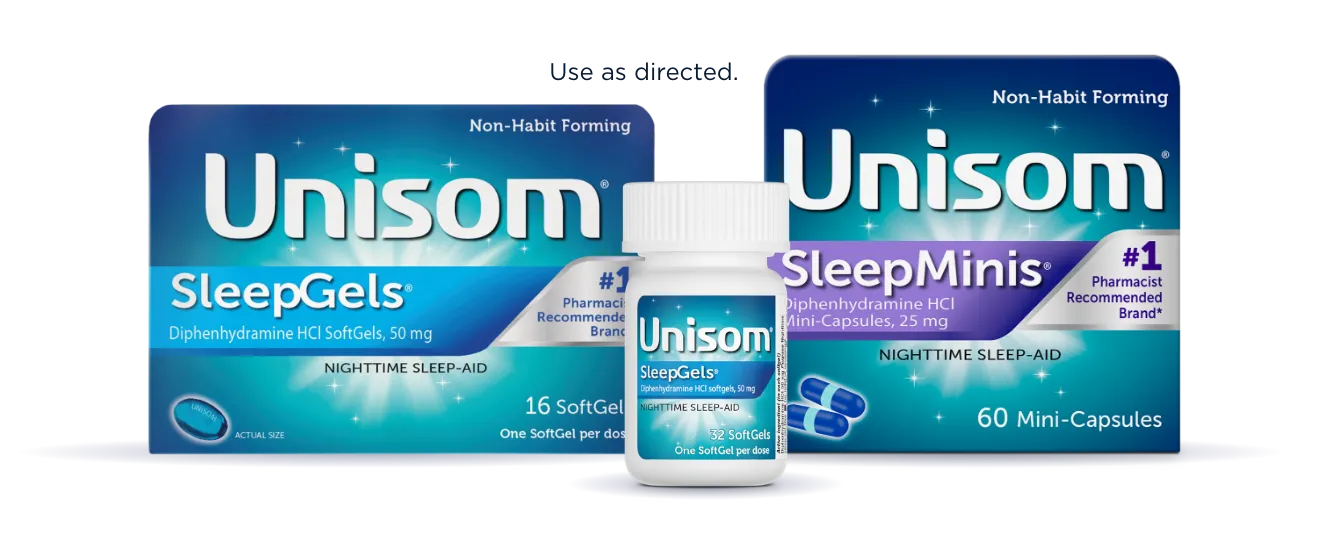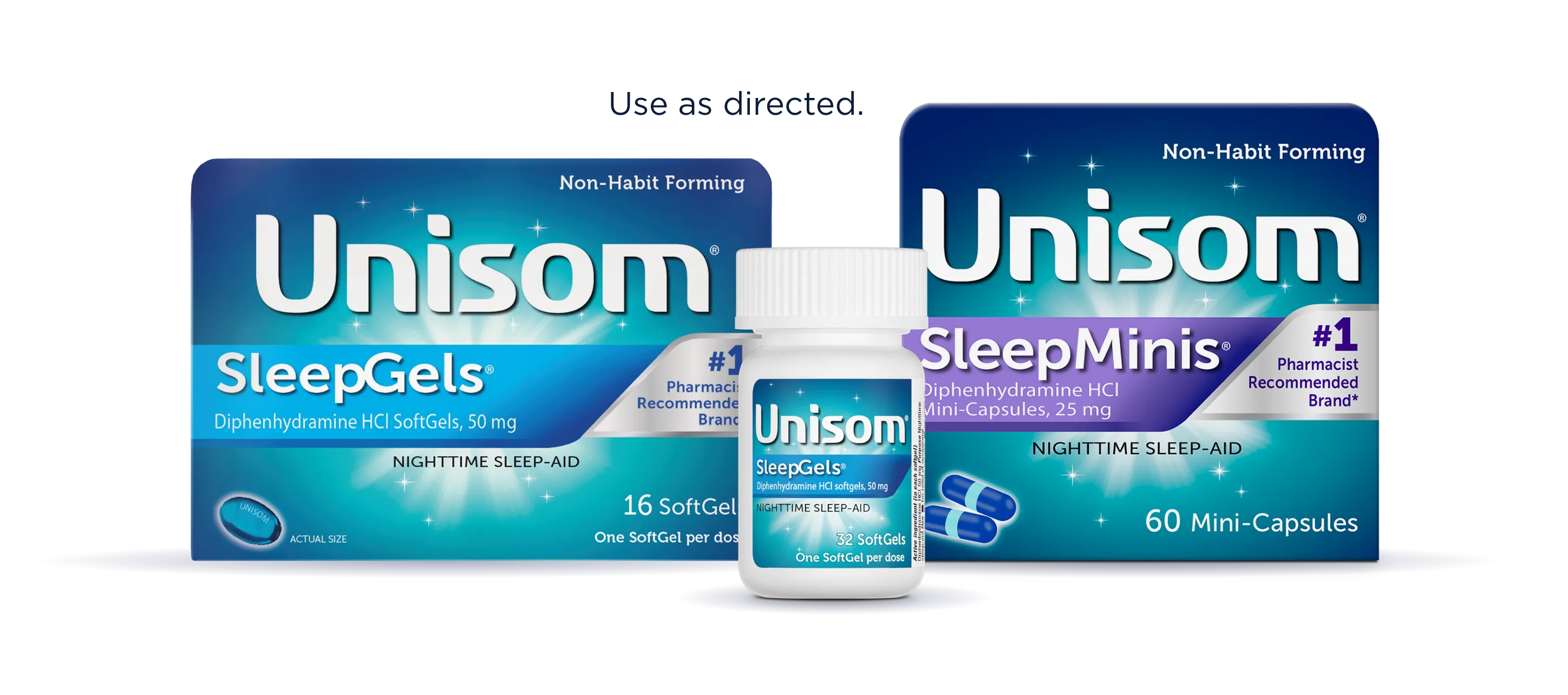Nutrition and Sleep
You may not be aware of the connection between what you eat or drink and how you sleep. Research shows that the things you consume can have a big impact on your ability to maintain healthy sleep cycles.1,2 Tart cherries, for example, have been found to contain higher-than-average levels of melatonin compared to other fruits.3 Melatonin is a hormone produced by the body that helps regulate your circadian rhythm—the 24-hour natural clock that regulates your body’s functions—and fosters healthy sleep.4,5 Foods and botanicals with high levels of melatonin may promote better sleep quality.
Walnuts—one of the best food sources of melatonin6—also contain omega-3 fatty acids, which may support mood stability.7,8 Omega-3 fatty acids increase levels of serotonin, a neurotransmitter associated with feelings of well-being and reduced anxiety that is also used by the brain to make melatonin.6,9 Consumption of omega-3 fatty acids has been shown to lead to better sleep and less total sleep disturbance.10
Fatty fish, such as salmon, sardines, and herring, contain both omega-3 fatty acids and vitamin D, which can also impact sleep.11-13 Salmon is an important source of vitamin B6,14 an ingredient your body needs in order to make melatonin.15 Vitamin B6 is also believed to help support brain health as well as to help regulate sleep patterns.16
Leafy greens such as spinach, kale, and Swiss chard pack a healthy dose of calcium,17,18 which helps your brain use tryptophan to make melatonin.19 Tryptophan, an essential amino acid that the body cannot make on its own, is found in foods such as dairy, eggs, meat, and fish.20
In addition to these foods, a number of botanical ingredients such as passionflower and lemon balm are thought to promote better sleep.
Professional References
1. Zhao M, Tuo H, Wang S, Zhao L. The effects of dietary nutrition on sleep and sleep disorders. Mediators Inflamm. 2020;2020:3142874.
2. St-Onge M-P, Mikic A, Pietrolungo CE. Effects of diet on sleep quality. Adv Nutr. 2016;7(5):938-49.
3. Howatson G, Bell PG, Tallent J, Middleton B, McHugh MP, Ellis MP. Effect of tart cherry juice (Prunus cerasus) on melatonin levels and enhanced sleep quality. Eur J Nutr. 2012;51(8):909-916.
4. Zhdanova IV, Tucci V. Melatonin, circadian rhythms, and sleep. Curr Treat Options Neurol. 2003;5(3):225-229.
5. Arendt J. Melatonin, circadian rhythms, and sleep. N Engl J Med. 2000;343(15):1114-1115.
6. Peuhkuri K, Sihvola N, Korpela R. Dietary factors and fluctuating levels of melatonin. Food Nutr Res. 2012; 56: 10.3402/fnr.v56i0.17252.
7. Su K-P, Matsuoka Y, Pae CU. Omega-3 polyunsaturated fatty acids in prevention of mood and anxiety disorders. Clin Psychopharmacol Neurosci. 2015;13(2):129-137.
8. Pribis P. Effects of walnut consumption on mood in young adults—a randomized controlled trial. Nutrients. 2016; 8(11):668.
9. Patrick RP, Ames BN. Vitamin D and the omega-3 fatty acids control serotonin synthesis and action, part 2: relevance for ADHD, bipolar disorder, schizophrenia, and impulsive behavior. FASEB J. 2015;29(6):2207-2222.
10. Montgomery P, Burton JR, Sewell RP, Spreckelsen TF, Richardson AJ. Fatty acids and sleep in UK children: subjective and pilot objective sleep results from the DOLAB study--a randomized controlled trial. J Sleep Res. 2014;23(4):364-388.
11. Hansen AL, Dahl L, Olson G, Thornton D, Graff IE, Frøyland L, Thayer JF, Pallesen S. Fish consumption, sleep, daily functioning, and heart rate variability. J Clin Sleep Med. 2014;10(5):567-575.
12. Weichselbaum E, Coe S, Buttriss J, Stanner S. Fish in the diet: A review. Nutr Bull. 2013;38:128-177.
13. Gao Q, Kou T, Zhuang B, Ren Y, Dong X, Wang Q. The association between vitamin D deficiency and sleep disorders: A systematic review and meta-analysis. Nutrients. 2018; 10:1395.
14. National Institutes of Health. Office of Dietary Supplements. Dietary Supplement Fact Sheet: Vitamin B6 for Health Professionals. Accessed 9-22-2021 at https://ods.od.nih.gov/factsheets/VitaminB6-HealthProfessional/#en4.
15. Mount Sinai. Health Library: Vitamin B6 (pyroxidine). Accessed 9-22-2021 at https://www.mountsinai.org/health-library/supplement/vitamin-b6-pyridoxine.
16. Kennedy DO. B Vitamins and the Brain: Mechanisms, Dose and Efficacy—A Review. Nutrients. 2016;8(2):68. doi:10.3390/nu8020068 17. Mount Sinai. Health Library. Calcium. Accesses 9-24-2021 at https://www.mountsinai.org/health-library/supplement/calcium.
17. National Osteoporosis Foundation. A Guide to Calcium-Rich Foods. Accessed 9-23-2021 at https://www.nof.org/patients/treatment/calciumvitamin-d/a-guide-to-calcium-rich-foods/.
18. Barbosa R, Scialfa JH, Mingarini Terra I, Cipolla-Neto J, Simonneaux V, Castro Afeche S. Tryptophan hydroxylase is modulated by L-type calcium channels in the rat pineal gland. Life Sci. 2008;82(9-10):529-535.
19. National Institutes of Health. Medline Plus Encyclopedia. Tryptophan. Accessed 9-24-2021 at https://medlineplus.gov/ency/article/002332.htm.
20. European Medicines Agency. Assessment report on Passiflora incarnata L., herba. 2014. Accessed 9-21-2021 at https://www.ema.europa.eu/en/documents/herbal-report/final-assessment-report-passiflora-incarnata-l-herba_en.pdf.
21. Ngan A, Conduit R. A double-blind, placebo-controlled investigation of the effects of Passiflora incarnata (passionflower) herbal tea on subjective sleep quality. Phytother Res. 2011;25(8):1153-1159.
22. Guseinove MD, Bobkova NV, Svistunov AA, Tarasov VV, Bokov DO2, Sergunova EV, Kovaleva TYu. Flavonoids in Passiflora incarnata L. dry extract of Russian origin. Pharmacogn J. 2019;11(5):1143-1147.
23. Shakeri A, Sahebkar A, Javadi B. Melissa officinalis L. - A review of its traditional uses, phytochemistry and pharmacology. J Ethnopharmacol. 2016;188:204-28.






